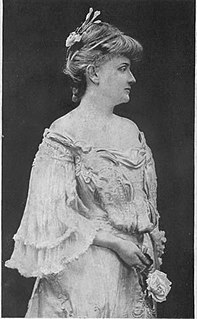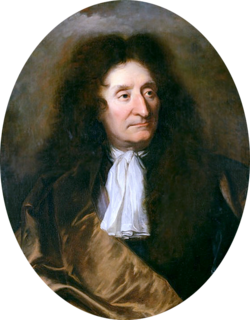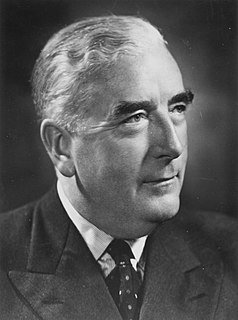A Quote by Walter Gropius
In all great epochs of history, the existence of standards - that is, the conscious adoption of type-forms - has been the criterion of a polite, well-ordered society; for it is a commonplace that repetition of the same things for the same purpose exercises a settling and civilizing influence on men's minds.
Related Quotes
[Ho Chi Minh] was always conscious that conditions in China and Vietnam were not always the same. He "kowtowed" to the Chinese - as he had to the Soviet Union - in order to receive their assistance, but he quietly worked to limit those forms of influence of which he did not approve (such as the harsh forms of land reform and the Great Leap Forward). Unfortunately, he was not always successful in fending off those forms of external advice that he didn't agree with.
Did any great genius ever enter the world in the wake of commonplace pre-natal conditions? Was a maker of history ever born amidst the pleasant harmonies of a satisfied domesticity? Of a mother who was less than remarkable, although she may have escaped being great? Did a woman with no wildness in her blood ever inform a brain with electric fire? The students of history know that while many mothers of great men have been virtuous, none have been commonplace, and few have been happy.
For the most part, people think in ordinary life without bringing order into their thoughts. The guiding principles and epochs of human development and planetary evolution, the great viewpoints which have been opened by the initiates, bring thought into ordered forms. All of this is a part of Rosicrucian training. It is called the Study.
All great art is by its very essence in conflict with the society with which it exists. It expresses the truth about the existence regardless of whether this truth serves or hinders the survival purpose of a given society. All great art is revolutionary because it touches upon the reality of man and questions the reality of the various transitory forms of human society.
Experience has repeatedly confirmed that well-known maxim of Bacon's that 'a little philosophy inclineth a man's mind to atheism, but depth in philosophy bringeth men's minds about to religion.' At the same time, when Bacon penned that sage epigram... he forgot to add that the God to whom depth in philosophy brings back men's minds is far from being the same from whom a little philosophy estranges them.
The beauty of man's being, fashioned as he is in the fairest of forms, demonstrates the existence of the Maker, while at the same time the fact that, together with his comprehensive abilities, lodged in that fairest of forms, he soon declines and dies, demonstrates the existence of the resurrection.
Every little thing has a purpose, at the same time, it has no purpose because this whole thing is a game. It is the existence which is total, beyond purpose. So you can say, virtually there is no purpose. If at all you have to pin down to a purpose then the purpose of nature is to take you to the Source, is to remind you of the Source, connect you to your Source.







































